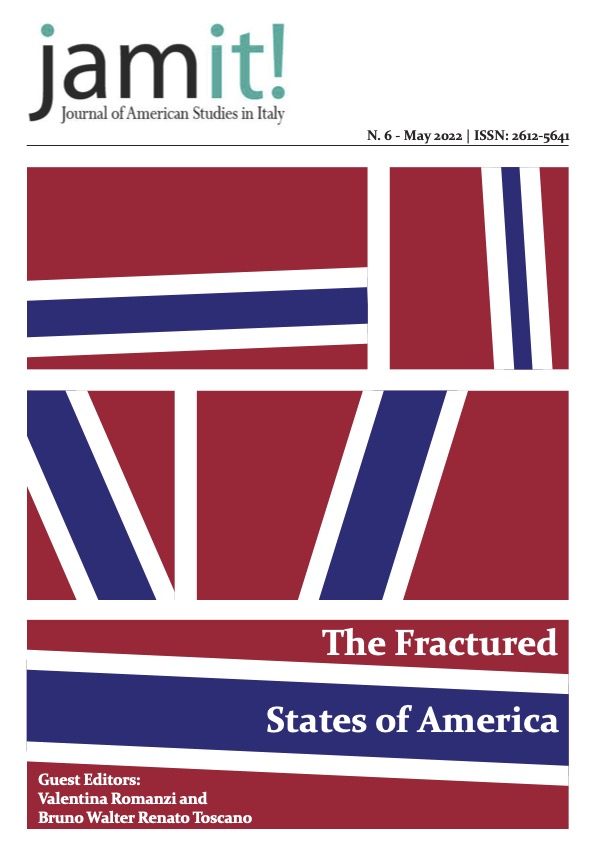Hair as a Political Instrument in C.N. Adichie's Americanah and in ABC's How to Get Away With Murder
DOI :
https://doi.org/10.13135/2612-5641/6070Mots-clés :
Hair, Americanah, Adichie, How to Get Away With Murder, Melting Pot, AssimilationRésumé
This essay reflects upon the political and cultural significance of hair for Black women. The acclaimed novel Americanah (2013) by the Nigerian novelist Chimamanda Ngozi Adichie, and ABC's TV Series How to Get Away With Murder (2014-2020), cleverly address this issue as they both display their protagonists' struggles in accepting their natural hair. To be assimilated into the US society, Ifemelu and Annalise Keating feel forced to strighten their hair or wear wigs. I will also discuss how the myth of the melting pot has contributed, since the 18th century, to shape and influence ethnic identities in the US by positing the necessary features of Americanness. Instead, these twenty-first century narratives provocatively challenge the definition of American by giving an inside perspective on this unusual form of emancipation.
Téléchargements
Publiée
Numéro
Rubrique
Licence
Authors who publish with this journal agree to the following terms:
- Authors retain the copyright and full publishing rights for their submissions to the journal.
- Authors grant the journal right of first publication with the work simultaneously licensed under a Creative Commons Attribution-NonCommercial-NoDerivatives 4.0 International License that allows others to share unedited work for non-commercial purposes with an acknowledgement of the work's authorship and initial publication in this journal.
- Authors are able to enter into separate, additional contractual arrangements for the non-exclusive distribution of the journal's published version of the work (e.g., post it to an institutional repository or publish it in a book), with an acknowledgement of its initial publication in this journal.
- Authors are permitted and encouraged to post their work online (e.g., in institutional repositories or on their website) prior to and during the submission process, as it can lead to productive exchanges, as well as earlier and greater citation of published work (See The Effect of Open Access).




